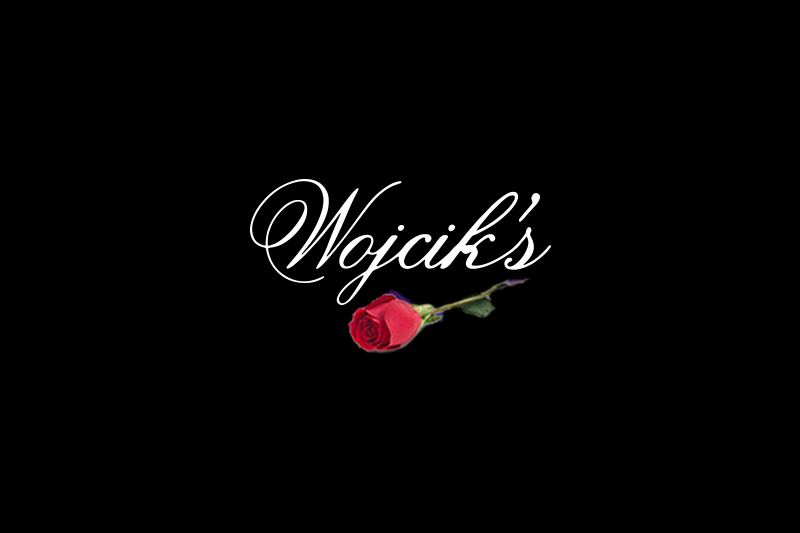WINNIPEG, MB / ACCESSWIRE / September 14, 2018 / For years, growing numbers of people who spend their lives recycling plastics and tracking their carbon footprint have wondered about the most environmentally sound ways to deal with their mortal remains. Richard Wojcik, the former owner and funeral director of Wojcik's Funeral Chapel, was eager to assure that help is at hand from an industry that has become increasingly tuned in to the diverse last wishes of the consumer. "Environmental awareness needs to extend to everything we do," Wojcik said. "We separate our plastics. We think about the car we drive. We also need to think about the choice of our last journey."

While burial and cremation are the most common ways we part with the deceased, they are far from environmentally friendly. Embalming bodies requires cancer-causing chemicals formaldehyde, glutaraldehyde, and phenol -- in 2007, there were more than 5 million gallons of embalming fluid buried in the U.S., according to the Property and Environment Research Center. Caskets are often made from mined metals, plastic, or endangered wood -- cemeteries annually bury 30 million board feet of hardwood, 90,000 tons of steel, and 17,000 tons of copper and bronze, according to the Funeral Consumers Alliance. While cremation is a "greener' alternative, the process nevertheless requires a lot of energy and causes air pollution. New burners and filters are more efficient and release fewer pollutants, but crematoriums still release chemicals like dioxin, carbon dioxide, and mercury in the atmosphere. For those without updated filtration systems, the exhaust is far more concentrated.
"Green burials are favorable for both the environment and financially," according to Richard Wojcik. The average funeral costs between $7,000 and $10,000, and a lot can be saved by opting for eco-friendly choices. Biodegradable coffins, for example, reduce carbon emissions by 50%, according to the Natural Death Center. There is a variety of options when it comes to eco-friendly coffins, with final resting places made from materials including paper, formaldehyde-free plywood, fair trade-certified bamboo, and hand-woven willow. Completely natural burials are the greenest option available, and the Green Burial Council reports that there are more than 300 approved eco-friendly burial providers today as opposed to only a dozen in 2008. Green burials often involve biodegradable shrouds or pine coffins that can decompose more naturally. Bodies are generally buried just three feet deep to further aid decomposition, and many natural grounds prohibit harmful chemicals and non-biodegradable materials. Wojcik's Funeral Chapel is proud to offer both traditional grave sites and green ones.
Richard Wojcik was the owner, funeral director, and embalmer of Wojcik's Funeral Chapel. Born and raised in Beausejour, Manitoba, he began his career in funeral services at the age of 12 by washing cars, cutting grass, and answering phones for a local funeral home. Prior to opening his first chapel in 1998, Wojcik worked in international corporations and privately owned funeral homes.
Wojcik's Funeral Chapel & Crematorium: https://www.wojciksfuneralchapel.com
Richard Wojcik - LinkedIn: https://www.linkedin.com/in/richard-wojcik-67818157/
Richard Wojcik Examines Reasons for the Growing Popularity of Cremation: https://finance.yahoo.com/news/richard-wojcik-examines-reasons-growing-221800164.html
Contact Information:
Wojcik's Funeral Chapel
www.wojciksfuneralchapel.com
wfc2157@mts.net
204-897-4665
SOURCE: Wojcik's Funeral Chapel
View source version on accesswire.com:
https://www.accesswire.com/512003/Richard-Wojcik-Comments-on-the-Rise-of-Green-Funerals
